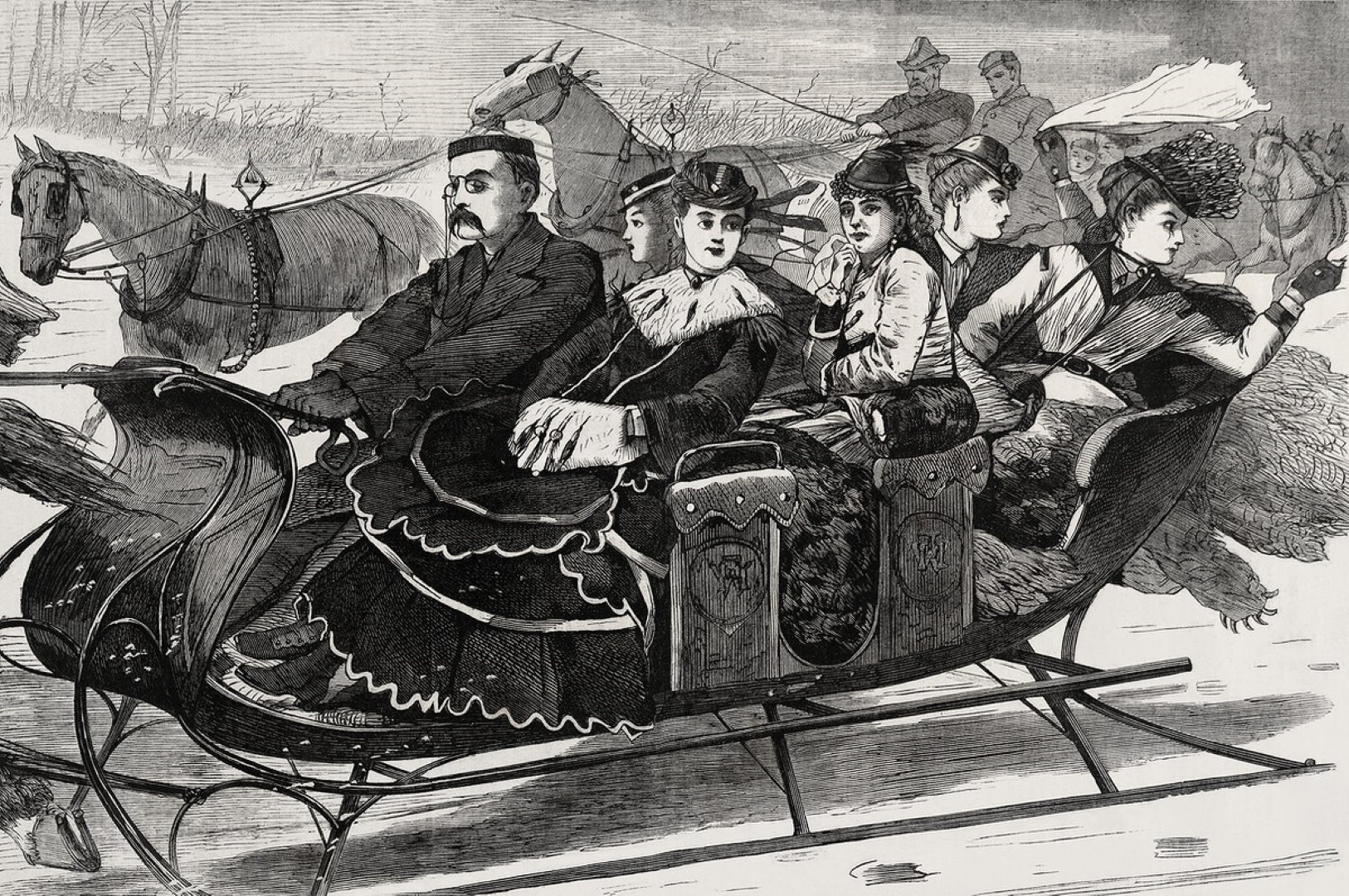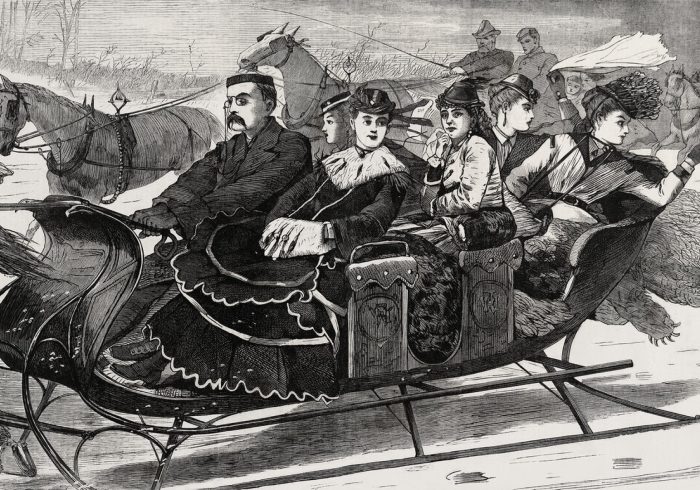Proposal Made by Ohio Senator to Lower Sports Betting Tax Rate
Ohio Senator John Doe recently made a proposal to lower the tax rate on sports betting in the state. This move comes as part of an effort to attract more sportsbooks and increase revenue for the state. The current tax rate on sports betting in Ohio is one of the highest in the country, and Senator Doe believes that reducing it will make the state more competitive and encourage more operators to set up shop.
The proposal suggests lowering the tax rate from its current 10% to a more reasonable 6.25%. This reduction would bring Ohio more in line with neighboring states that have lower tax rates, such as Indiana and Pennsylvania. By doing so, Senator Doe hopes to create a more level playing field and prevent potential bettors from crossing state lines to place their wagers.
One of the main reasons behind this proposal is the potential economic benefits it could bring to Ohio. By lowering the tax rate, it is expected that more sportsbooks will be willing to invest in the state, leading to increased job opportunities and additional revenue for local businesses. This could have a positive impact on the overall economy of Ohio, especially in areas where sportsbooks are established.
Furthermore, a lower tax rate could also lead to increased tax revenue for the state. While the tax rate reduction may seem counterintuitive at first, it is believed that by attracting more operators and bettors, the overall volume of bets placed will increase. This increased volume could potentially offset the lower tax rate and result in higher tax revenue for Ohio.
Another important aspect of this proposal is its potential impact on illegal sports betting. By offering a more competitive tax rate, Ohio can provide a legal and regulated alternative to illegal gambling operations. This can help protect consumers by ensuring fair play, preventing fraud, and providing resources for problem gambling prevention and treatment.
However, not everyone is in favor of this proposal. Critics argue that lowering the tax rate could lead to a decrease in revenue for the state, as the reduced tax rate may not be enough to offset the potential increase in bets. They also express concerns about the potential social costs of expanded sports betting, such as gambling addiction and increased crime rates.
In conclusion, Senator John Doe’s proposal to lower the sports betting tax rate in Ohio has the potential to bring significant economic benefits to the state. By attracting more sportsbooks and bettors, Ohio can generate additional revenue, create job opportunities, and provide a legal alternative to illegal gambling. However, it is important to carefully consider the potential risks and social costs associated with expanded sports betting before making any final decisions.




